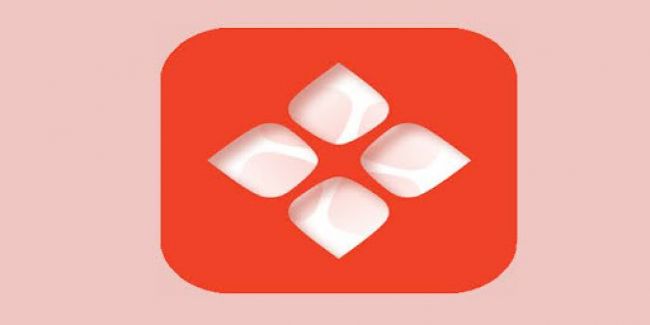As someone who's been writing, editing, and researching for years, discovering tools like ChatGPT felt like having a 24/7 writing buddy who never gets tired. I still remember the first time I used it to brainstorm blog titles- it wasn’t just smart; it understood my tone. But then came Claude, Gemini, Grok, and DeepSeek- and suddenly, the world of AI chatbots expanded into a whole creative universe.
If you're curious about how these tools compare, especially the free versions, let’s break it all down. Here's everything you need to know.
ChatGPT
OpenAI’s ChatGPT is the most recognized name in the AI space, and for good reason. With GPT-3.5 available for free and GPT-4 (turbo) available on the $20/month Plus plan, it's incredibly powerful for content creation, brainstorming, summarising, and coding help.
Unique Feature: You can now create and explore "Custom GPTs" via the GPT Store. It also supports voice input and image recognition.
Free or paid: ChatGPT adapts like a pro, especially if you need flexibility for both casual and professional tasks.
Claude
Developed by Anthropic, Claude 3 (especially the free Claude 3 Haiku model) focuses on safer, more ethically aligned responses. It’s brilliant at understanding long documents and providing nuanced answers.
Unique Feature: Claude's memory window of over 200,000 tokens makes it excellent for analyzing books or long legal documents- something ChatGPT struggles with on the free tier.
Claude feels like a thoughtful partner, especially for researchers and analysts.
Gemini
Previously, Bard Gemini was integrated with Google Search and Workspace tools. It’s free and updated regularly with the latest data, thanks to Google’s native capabilities.
Unique Feature: It’s tightly connected with Google Docs, Sheets, and Gmail, so you can generate and refine content directly within those platforms.
For productivity nerds and researchers, Gemini delivers speed with context.
DeepSeek
DeepSeek is a less mainstream name but one that deserves more attention. It’s based on open-source models and offers GPT-4-like performance completely free.
Unique Feature: Multilingual capabilities and open access make it ideal for developers and students who need advanced output without any paywalls.
This is the tool I often use when I want raw power without signing up or paying anything.
Grok
Available through X (formerly Twitter), Grok stands out because it’s live. It reads real-time data from social media and delivers trending insights, making it a smart tool for journalists and content creators.
Unique Feature: Its integration with X allows you to ask questions about ongoing events, trends, or even specific accounts- something no other chatbot currently does.
You’ll need X Premium+ to access it fully, but there’s limited functionality in the free plan, too.
_1744915041.jpg)
AI Chatbot Comparison Table (2025)
| Tool | Developer | Free Plan Available | Key Strengths | Unique Features | Paid Plan Starts At |
| ChatGPT | OpenAI | Yes (GPT-3.5) | Writing, coding, general answers | Custom GPTs, GPT Store, voice chat | $20/month (GPT-4) |
| Claude | Anthropic | Yes (Claude 3 Haiku) | Deep reasoning, longer context | 200K token memory, safe responses | $20/month |
| Gemini | Google (DeepMind) | Yes (Gemini 1.5) | Search integration, real-time data | Tied to Google apps, code generation | $20/month |
| DeepSeek | DeepSeek AI | Yes | Multilingual, powerful reasoning | Based on open-source, free GPT-4-level AI | Free |
| Grok | xAI (Elon Musk) | Yes (on X platform) | Real-time news & X integration | Live social data, embedded in X | X Premium+ required |
Final Thoughts
Each of these tools brings something different to the table. ChatGPT is great for general use, Claude is best for thoughtful long-form responses, Gemini works like a productivity assistant, DeepSeek is ideal for open-source lovers, and Grok shines in live event coverage.
If you’re just starting, test the free versions of each- there’s no one-size-fits-all. I jump between all of them depending on the task, and that’s the real power of this AI era—we don’t have to choose just one.
Post Comment
Be the first to post comment!




